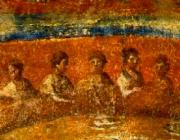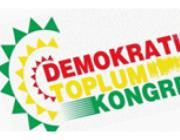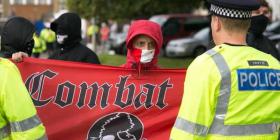The early Christian communists
Standing with Syrians: an open letter to an anti-imperialist
Eva is a real person who I have known since 2007, as described in this article. But in this text Eva also stands for many other people, whether outspoken or silent supporters of the Syrian regime and its allies. I will not re-post her photo here. In a world flooded with images, it is important to maintain our ability to imagine a moment.
Where the revolution is more likely to happen, in developed or nondeveloping countries?
There is no doubt that over the last couple of decades our movement has declined dramatically . Not only it is not achievable anymore, in fact it cannot maintain what had already achieved before. It is also very clear that Marx's theory is not the remedy for the current situation any longer. I believe it is extremely hard to expect that the revolution to take place in the advanced industrialized countries, at least not in the very near future.
This article puts forward the argument of possibility that the revolution could happen in the less or non-industrialized countries, before the advanced industrialized countries.
.
Changing the name of Kurdistan Anarchist Forum to Kurdish-Speaking Anarchist Forum
Changing the name of Kurdistan Anarchist Forum to Kurdish-Speaking Anarchist Forum
A historical look at attitudes to homosexuality in the Islamic world
Neither your war, nor your peace - Argelaga
A July 2016 editorial on contemporary Islamic terrorism, its origins as an ally of the West in the anti-Soviet war, and its effects on Western society, which, with its “frightened consumers” becoming “racist and xenophobic nationalists”, is “rapidly heading for fascism (a fascism without a führer, anonymous and bureaucratic, like our times)”, published in the Barcelona journal, Argelaga.
Democratic autonomy in North Kurdistan: An interview with the Democratic Society Congress
This Democratic autonomy is a movement which aims to establish a network of grassroots assemblies in Bakur (the Kurmanji Kurdish word for the area of Kurdistan within the borders of Turkey). Corporate Watch carried out interviews with several of the organisations involved in the process of democratic autonomy in June and July 2015.











